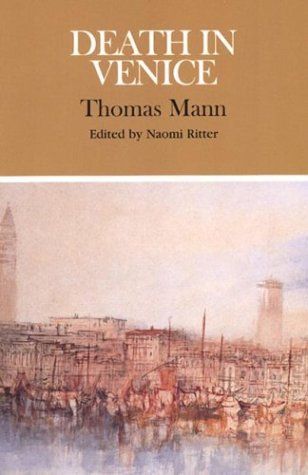Reviews
𓆨@viridiantre
jack@statebirds
Ivy X@poisonivayy
Trever@kewlpinguino
Emmett@rookbones
Barbara Williford@barbarawilliford
Christopher McCaffery@cmccafe
Allison Raines@sacredspheres
Andreea iatcu@alittleread
Moa@moaeson
Tina@lucreziaborgia
amasi@neipasomoh
Brett Lister@blister13
Alex Noble@alexnoble
Rocío de la Hera@rdlhbooks
Jackson Weaver@jacksonweaver
Jackson Weaver@jacksonweaver
nen@petitfleurdumal
Sarah Sammis@pussreboots
Sonia Grgas@sg911911
Tom Gregson@gregsonog
Maurice FitzGerald@soraxtm
Ana Salas@anitaluvs2read
Martin Heuer@maddin
Highlights
Brett Lister@blister13
